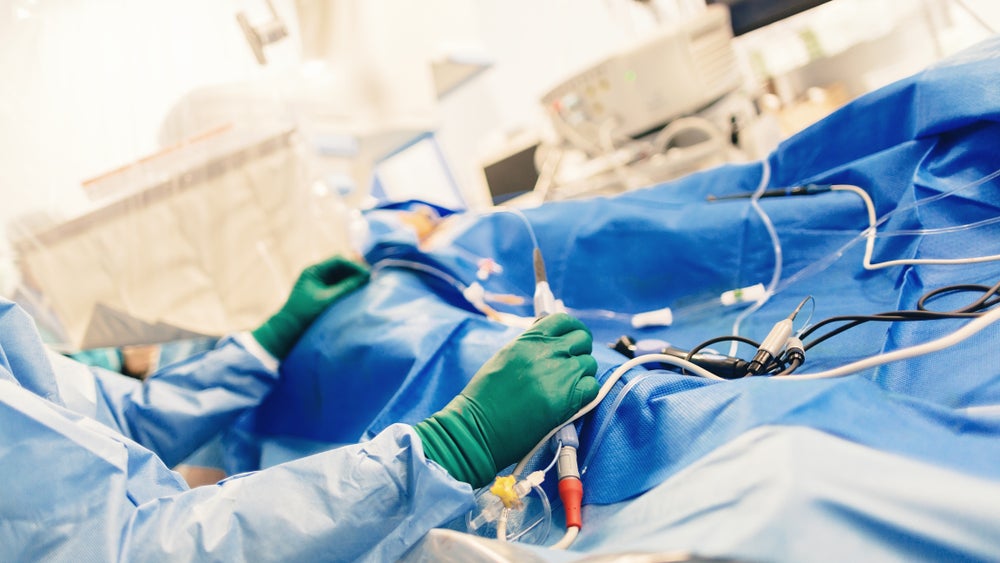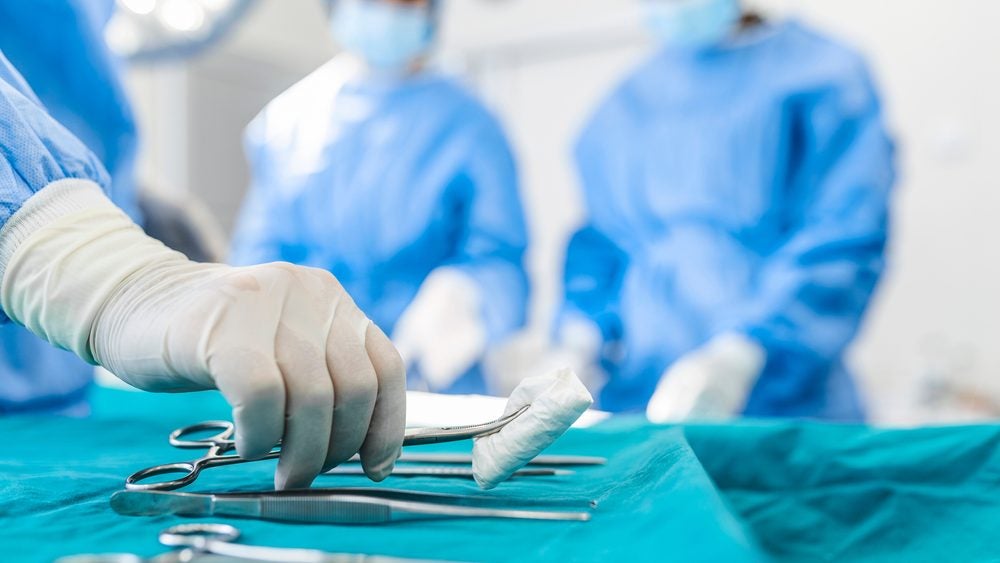
King’s College London has developed a new blood test to detect damaged heart muscle associated with heart attacks, using cardiac myosin-binding protein C.
The scientists assessed the number of heart muscle cells that are required to die prior to their detection in the bloodstream.
King's College London Cardiology specialist registrar Dr Tom Kaier said: "This has the potential to transform the way we diagnose heart attacks in the 21st century.
"We know there has not been a reduction in the number of overnight admissions of patients, despite using the best blood tests currently available.
"We are at looking at improving the experience of patients by developing new and more sensitive blood tests that could help doctors assess the amount of damage quickly and avoid patients being admitted overnight, unless truly necessary."
Previously, tests such as a heart trace or ECG could diagnose only a small proportion of patients who have experienced a heart attack.
How well do you really know your competitors?
Access the most comprehensive Company Profiles on the market, powered by GlobalData. Save hours of research. Gain competitive edge.

Thank you!
Your download email will arrive shortly
Not ready to buy yet? Download a free sample
We are confident about the unique quality of our Company Profiles. However, we want you to make the most beneficial decision for your business, so we offer a free sample that you can download by submitting the below form
By GlobalDataDoctors measure a heart muscle protein called Troponin that is released upon injury and can be identified using a single blood test following heart attacks or heart muscle inflammation.
Patients with undetectable levels of cardiac Troponin are considered as low risk.
Contrary to this, King’s team found from a study of more than 4,000 patients that 47% can be classified as intermediate risk and require further observation and tests.
The scientists assessed donated heart muscle tissue, which showed that 3mg-9mg of the human heart needs to undergo cell death before the cells can be detected in the bloodstream.
The new blood test indicated that the cardiac myosin-binding protein C is more sensitive and can identify even 0.07mg of damaged heart muscle.







